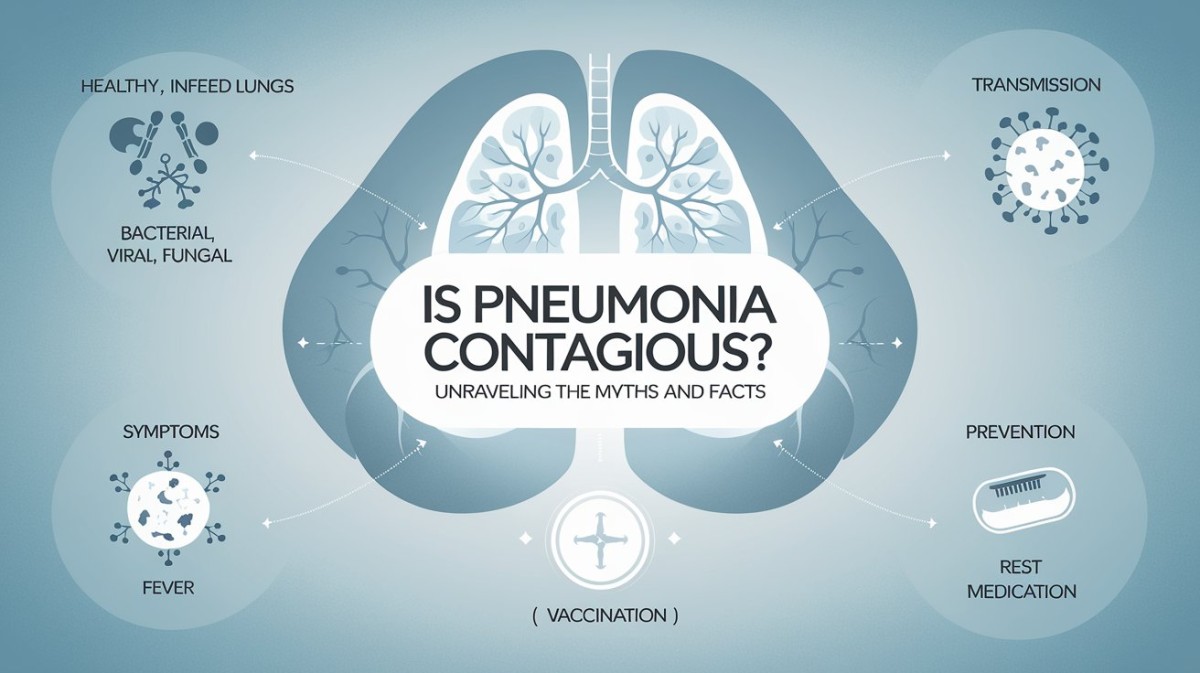Have you ever ask oneself if pneumonia is an infectious disease or how can it be transmitted? Maybe you have had chest pains after a friend was admitted to the hospital with pneumonia. A lot of patients do not quite understand how pneumonia is contracted and if they should be worried about getting it from someone else. In this blog, we will discuss more on pneumonia – what is it, is it infectious, and how you and others may prevent the illness or infection.
What Is Pneumonia?
Pneumonia, a lung infection that causes inflammation in one or both lungs’ air sacs called alveoli. These air sacs may get inflamed as they fill up with fluid or pus, making the patient cough, have a fever, chills, or have problems with breathing. It is worth mentioning that pneumonia can originate from bacteria, viruses or fungi. The disease varies in severity from a simple inflammation that is easily treatable to severe cases that are fatal depending on the general health of the infected person and the pathogen that has caused the pneumonia.
Pneumonia can happen to anyone, but it is much more severe in infants, the elderly, and those with a compromised immune system, or any chronic condition such as asthma, or heart problems.
So, Is Pneumonia Contagious?
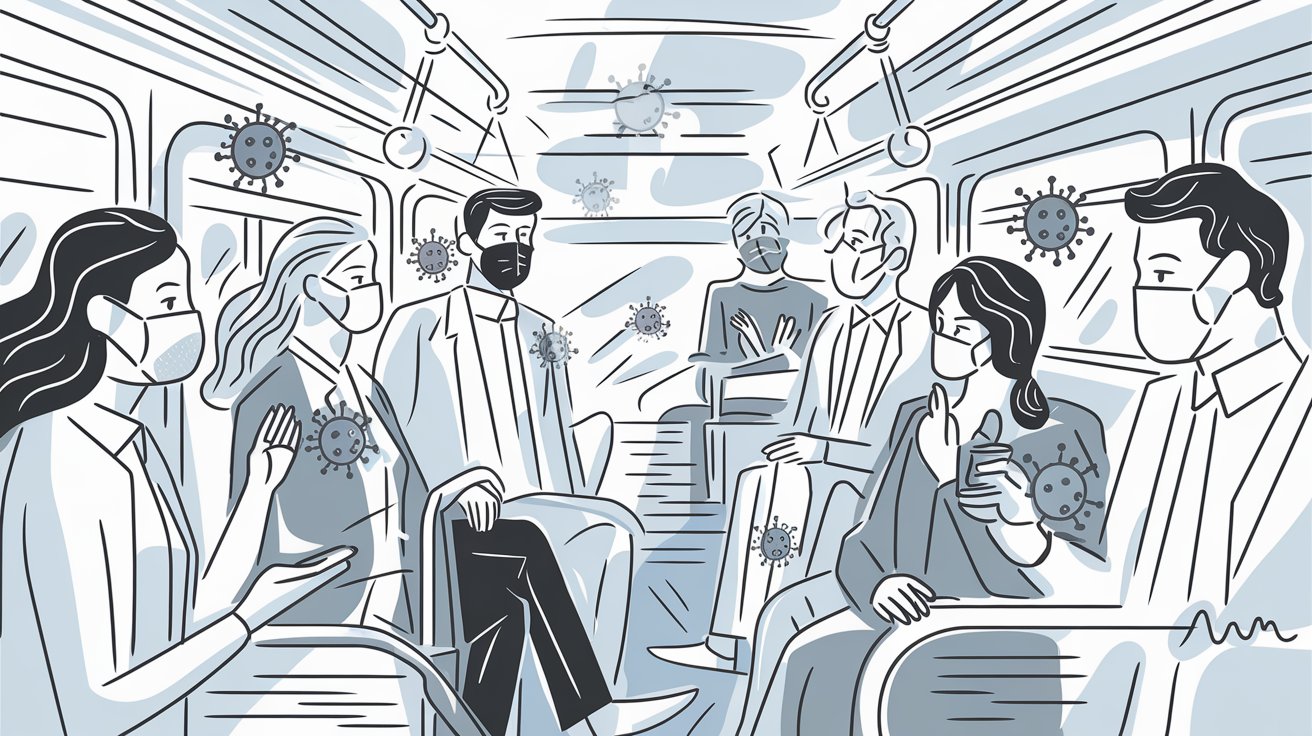
The short answer: Of course, it does depend on the type of pneumonia that a child is suffering from.
Let’s break it down by the type of pneumonia and how it spreads:
1. Bacterial Pneumonia
Bacterial pneumonia, which may be precipitated by aspiration of oropharyngeal secretions containing bacteria such as Streptococcus pneumoniae or Haemophilus influenzae, is infectious and transmissible from one person to the other. The disease is airborne, as people directly in contact with an affected person when the latter breathes, coughs or sneezes. Such droplets can be inhaled during breathing or contacted on objects, followed by touching the face, especially the mouth, nose or eyes.
However, this means that you don’t have to necessarily come close with a case of bacterial pneumonia in order to catch it. This ranges with issues for instance, the immune power of your body, or if you are a susceptible candidate to lung infections.
2. Viral Pneumonia
Viral pneumonia is also infectious because it is often as a result of flu, RSV or the coronavirus; the virus responsible for COVID is SARS-CoV-2. Like bacterial infections, these viruses are transmitted through droplets in the environment and through the air. About pneumonia viral pneumonia occurs if a person has a viral illness such as the flu and then develops pneumonia.
Children especially those suffering from viral pneumonia are infectious during the period of the disease especially at times they beginning to exhibit symptoms. As before, the likelihood of the infection spreading is determined by the state of the immune system of the specific human. Viral pneumonias as a rule are not as severe as bacterial ones but they can cause complications on high risk populations.
3. Fungal Pneumonia
Fungal pneumonia is less common and is not usually contagious. This type of pneumonia occurs when fungi from the environment, such as Coccidioides or Histoplasma, are inhaled into the lungs. People typically contract fungal pneumonia from environmental sources, especially in areas where these fungi are common in the soil. Unlike bacterial and viral pneumonia, fungal pneumonia does not spread from person to person.
What Are the Symptoms of Pneumonia?
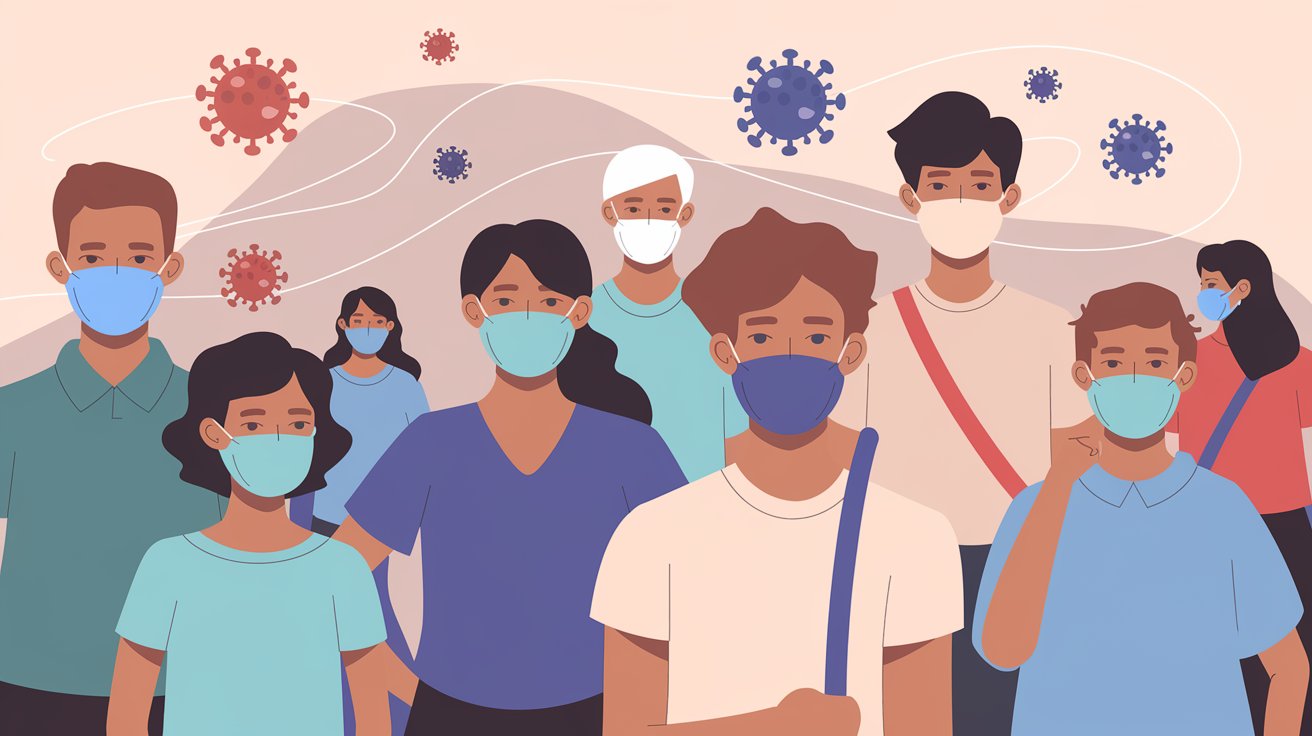
The symptoms of pneumonia can vary depending on the cause, but they generally include:
❖ Cough (with sputum in many cases).
❖ Fever
❖ Chills
❖ Breathlessness or shortness of breath
❖ Chest pain, shortness of breath and especially when you cough
❖ Fatigue
❖ Vomiting, nausea, or diarrhoea, although the last is much rarer.
Pneumonia may become worse rapidly, and anyone with these signs should consult a doctor if the symptoms of pneumonia become more severe.
How Can You Prevent the Spread of Pneumonia?
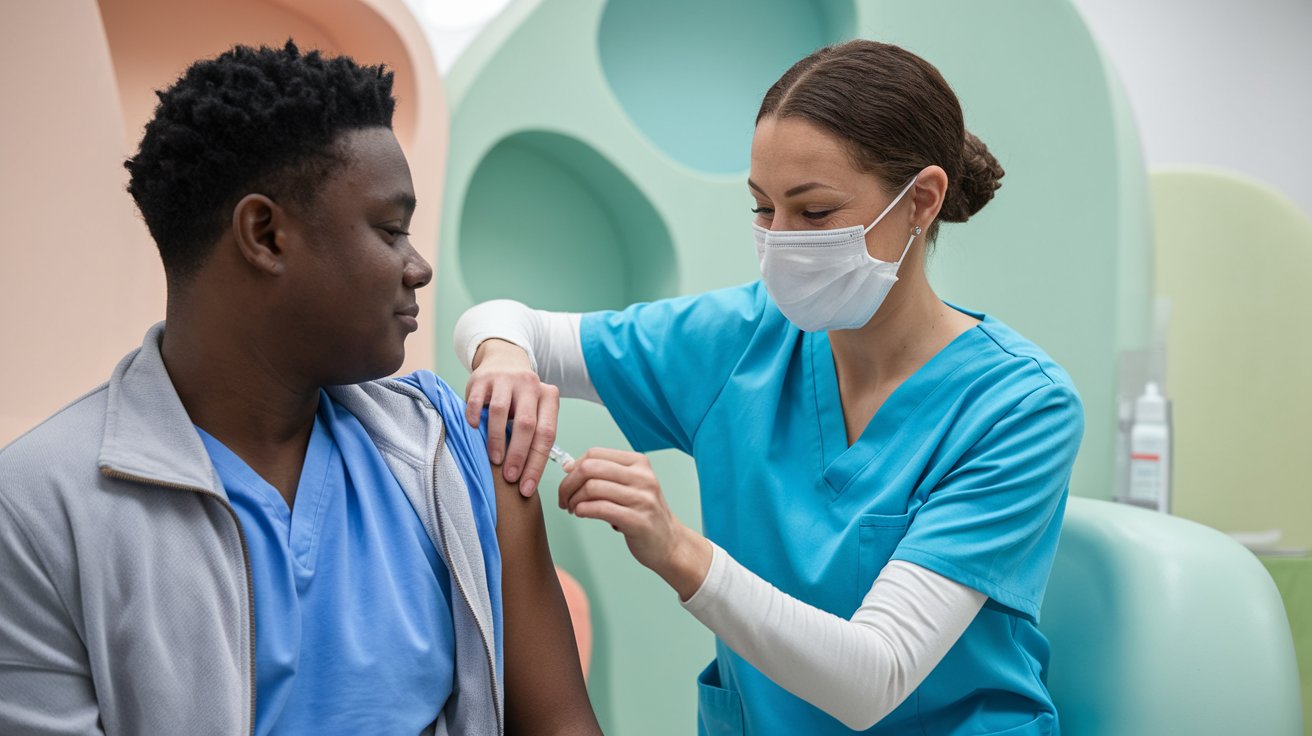
Pneumonia may be prevented to all extent irrespective of whether it is a contagious disease or not. Here are some tips to help reduce your risk of getting or spreading pneumonia:
1. Get Vaccinated
Some types of pneumonia have vaccines such as those caused by Streptococcus pneumoniae bacteria are common in children. The pneumococcal vaccine is particularly suitable for children below five years of age, people above 65 years of age or those with a weakened immunity. Also, year - end vaccination helps prevent viral pneumonia that may come up as a complication of the flu.
2. Practice Good Hygiene
Most instances of pneumonia can be prevented by proper washing, bathing or showering, using effectively cleaned utensils and ensuring you avoid contact with sick people. Regularly use soap and water to wash your hands especially if you have cough or sneeze or have touched objects that has contacts with many people. If soap and water is not possible, then you should use an alcohol-based hand sanitizer.
3. Avoid Close Contact with Sick People
If someone around you is showing symptoms of pneumonia or another respiratory illness, it’s best to avoid close contact, especially if you’re in a high-risk group. If you have to be around them, consider wearing a mask to reduce your risk of inhaling respiratory droplets.
4. Cover Coughs and Sneezes
When you have a respiratory illness, avoid touching your eyes, nose or mouth and use a tissue or your elbow to cover your mouth and nose when you sneeze or coughing. This serves to stop the passing of germs to other people. Make sure to dispose of the tissues immediately and ensure your hand is washed after you have touched it.
5. Boost Your Immune System
One way of building up immunity against these infections is to take foods that enhances your immunity and also prevent from getting pneumonia. One can lower their susceptibly to infections by taking proper diet, foods that has vitamins, and minerals, regular exercises, good sleep, and reduced stress.
6. Quit Smoking
Smoking harms the lungs and impairs the body’s ability to resist ailments such as pneumonia. If you do smoke, giving up can make a huge difference to the health of your lungs and reduce your chances of getting pneumonia.
Treating Pneumonia: What to Do if You Get Sick
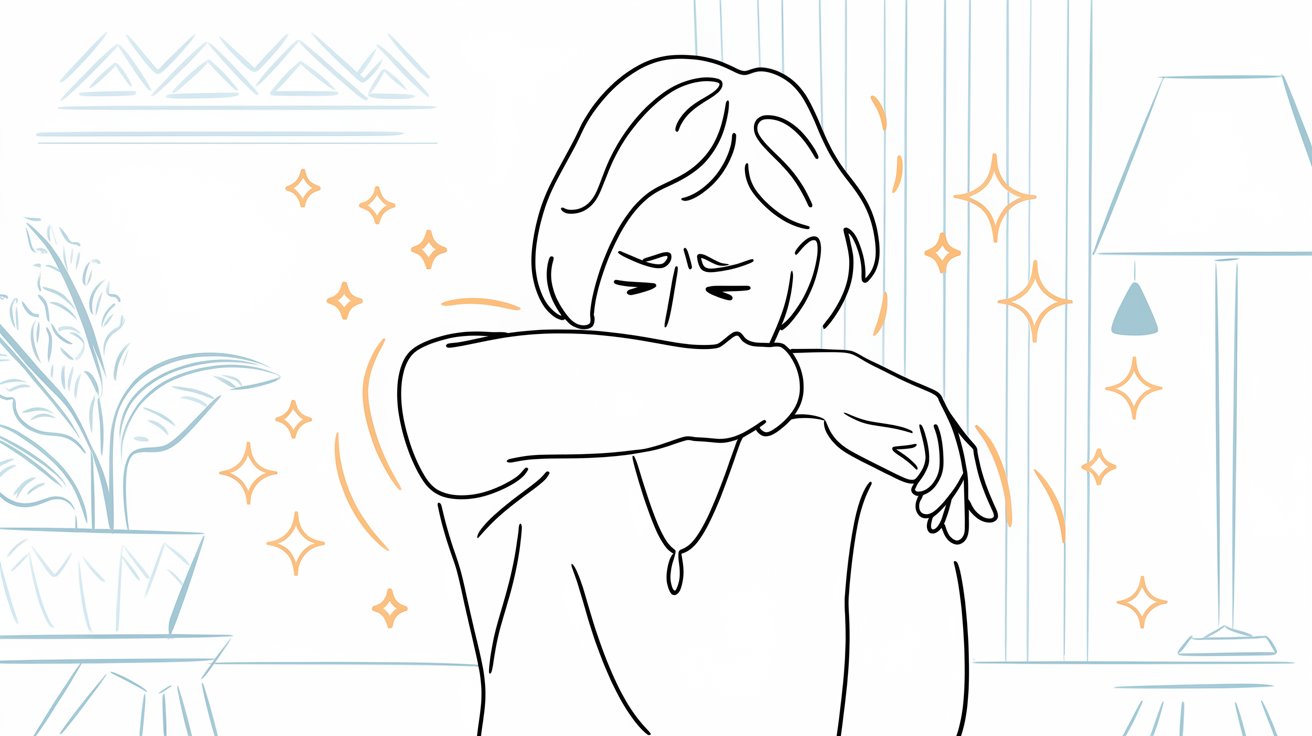
Every time you get pneumonia, your treatment will depend on the type, stage or classification of pneumonia that you are suffering from. Here’s how different types of pneumonia are typically treated:
❖ Bacterial Pneumonia:
The use of antibiotics is the recommended course for treating bacterial pneumonia. The majority of patients get cured by using antibiotics, while others may experience a severe form and need admission to a hospital.
❖ Viral Pneumonia:
Medications will not help for viral infections, so management of this condition is solely supportive. Appropriated medicine includes; doctors may recommend prescription and over the counter medicine, adequate rest and increasing one’s fluid intake; antiviral drugs are also used specifically when the causative agent is influenza related pneumonia.
❖ Fungal Pneumonia:
Fungal pneumonia is treated by what is referred to as antifungal drugs. Fungal infection rates vary greatly depending on the geographical location, so, if you are a resident or a visitor to such an area, you should be prepared.
Severe cases, we mean if a person has compromised immunity or other chronic diseases, may require hospitalization for oxygen therapy and other interventions.
Final Thoughts: Is Pneumonia Contagious?
Some strains of pneumonia are indeed contagious meaning that you can get it depending on the type of pneumonia and your immune system. There is droplet transmission of bacterial and viral pneumonia, while fungal pneumonia is from the environment. Washing your hands, vaccination, and keeping your body immunity system well are the only ways that can safeguard you from pneumonia. That is why, in case of appearance of symptoms, one should start medical treatment as early as possible and this will help to avoid complications and sooner get rid of this disease. Be informed – stay safe – consider your lungs!
